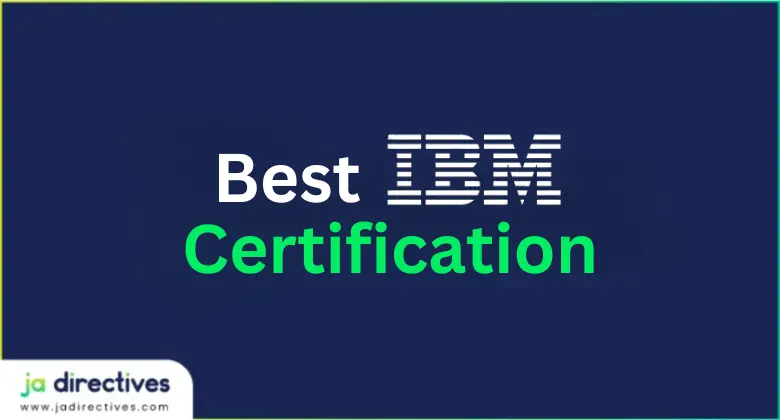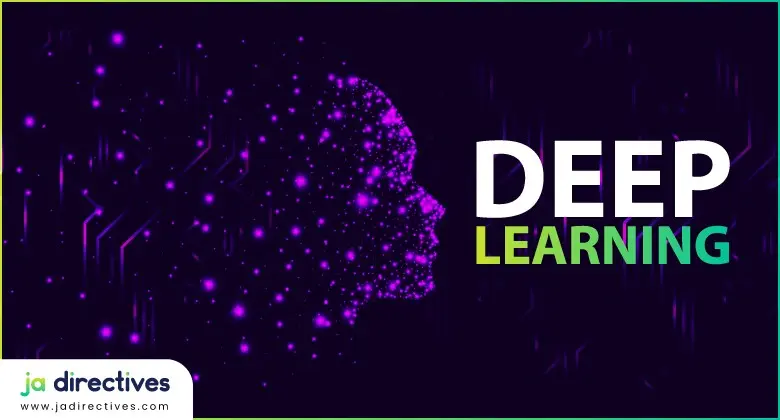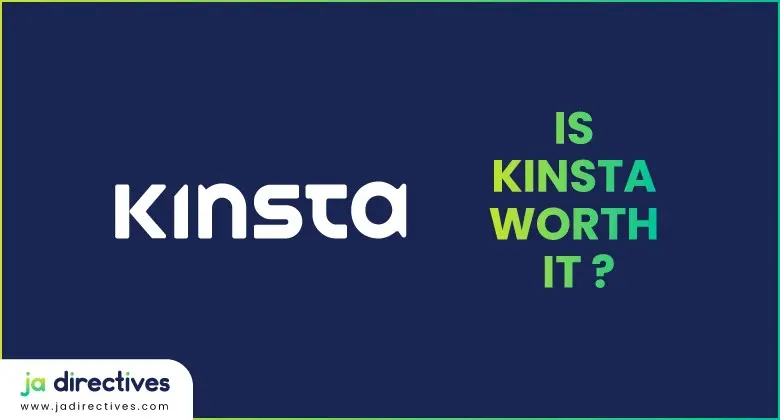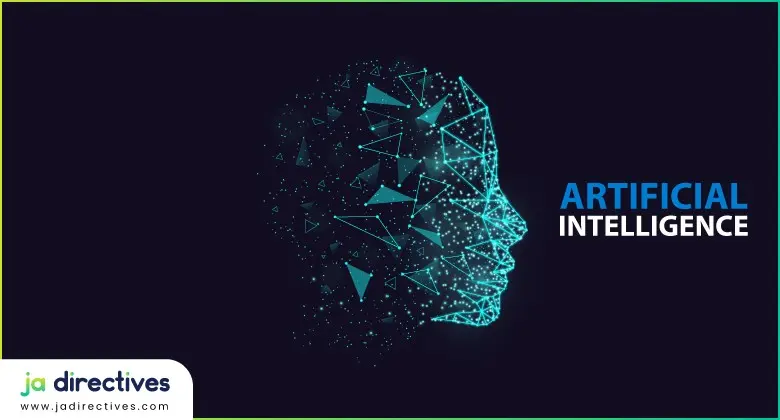
Mathematics for Machine Learning Coursera Review 2025
Coursera Mathematics of Machine Learning Specialization offered by Imperial College London (world’s top ten Universities) implements your mathematical concepts using real-world data.
It is called mathematics is the fundamental block of Machine Learning. Those who don’t know machine learning mathematics will not understand the concepts of underlying various fundamental parts of python/R APIs.
The specialization has three courses included. Linear Algebra, Multivariate Calculus & Principal Component Analysis. Each of these courses has a span of 4–6 weeks.
Mathematics for Machine Learning Coursera Review 2025
How Mathematics for Machine Learning Coursera Works
This Mathematics for Machine Learning specialization aims is to bridge the gap, in the underlying mathematics, building an intuitive understanding and relating it to Machine Learning and Data Science.
This Specialization consists of 3 courses. The first course is on Linear Algebra, what linear algebra is, and how it relates to data.
The second course, Multivariate Calculus, builds on this to look at how to optimize fitting functions to get good fits to data.
The third course, Dimensionality Reduction with Principal Component Analysis, uses mathematics to compress high-dimensional data.
After completing this specialization, you will have gained the prerequisite mathematical knowledge to take more advanced courses in machine learning.
Rating: 4.6 out of 5.0
Students Enrolled: About 197k+ learners have already enrolled in this specialization.
Mathematics of Machine Learning Specialization Instructors
This online Specialization is taught by three instructors.
- David Dye, Professor of Metallurgy, Department of Materials
- Samuel J. Cooper, Lecturer, Dyson School of Design Engineering
- A. Freddie Page, Strategic Teaching Fellow, Dyson School of Design Engineering
- Marc Peter Deisenroth, Lecturer in Statistical Machine Learning, Department of Computing
Requirements to Take Mathematics for Machine Learning
Mathematics is the prerequisite for machine learning because machine learning is math. You will mainly need to learn calculus, matrix calculation, and linear and non-linear algebra.
To take this specialization, you just need high school maths knowledge. If you know the basic knowledge of Python, it will be an easy-going specialization for you, but it is not required for courses 1 and 2.
For course 3 (intermediate difficulty) you will need basic Python and NumPy knowledge to get through the assignments.
Mathematics for Machine Learning Scale up Your Skill in Coursera
You can scale up your knowledge in –
- Eigenvalues And Eigenvectors
- Principal Component Analysis (PCA)
- Multivariable Calculus
- Linear Algebra
- Basis (Linear Algebra)
- Transformation Matrix
- Linear Regression
- Vector Calculus
- Gradient Descent
- Dimensionality Reduction
- Python Programming
By doing the assignments of this specialization, you will use the skills you have learned to produce mini-projects with Python.
You can apply linear algebra in order to calculate the page rank of a small simulated internet.
Completing this specialization, you can also apply multivariate calculus in order to train your own neural network, performing a non-linear least squares regression to fit a model to a data set.
You will learn principal component analysis to determine the features of the MNIST digits data set.
Courses in Mathematics for Machine Learning
This online specialization breakdown into several parts. There are 3 Courses in this Specialization.
Course-1: Mathematics for Machine Learning: Linear Algebra (4.7/5)
This Linear Algebra course is about vectors and various important concepts related to vectors required in solving Machine Learning problems.
From this course, you will get sufficient knowledge about vectors to be able to utilize vectors in problem-solving for Machine Learning.
You will learn what vectors and matrices are and how to work with them, including the knotty problem of eigenvalues and eigenvectors, and how to use these to solve problems.
Finally, you will understand how to use things with datasets to do fun – like how to rotate images of faces and how to extract eigenvectors to look at how the Pagerank algorithm works.
In this course, you will get the famous Google’s Page Ranking algorithm exercise which just shows how vectors and matrices are important to this field.
At the end of this course, you will have an intuitive understanding of vectors and matrices that will help you bridge the gap in linear algebra problems.
Course-2: Mathematics for Machine Learning: Multivariate Calculus (4.7/5)
This course is about single variable differentiation, multivariable differentiation, chain rule, Jacobians, Hessians Lagrange multiplier, and Taylor Series.
From this course, you will have a brief introduction to the multivariate calculus required to build many common machine learning techniques.
Multivariate Calculus course helps you develop the intuition of the concepts with respect to the higher dimensional graphs, and how to use them to find optimal solutions.
By completing this tutorial hopefully, you will gain the confidence to dive into some more focused machine learning courses in the future.
Course-3: Mathematics for Machine Learning: PCA (4.0/5)
This course is a little difficult, though the content is less compared to the other two courses.
Whatever concepts have been addressed in the first two courses, are applied here to understand one important concept of Machine Learning: Principal Component Analysis.
Here, you can cover some basic statistics of data sets, such as mean values and variances.
Using the tools that you have learned from this tutorial, you will derive PCA as a method that minimizes the average squared reconstruction error between data points and their reconstruction.
PCA, part of this specialization is substantially more abstract and requires more programming than the other two courses of the specialization.
This type of creative and abstract thinking, algebraic manipulation, and programming must be necessary if you want to understand and develop machine learning algorithms in the future.
Earn a Career Credential
When you finish every course and complete the hand on project, you’ll earn a Certificate that you can share with prospective employers and your professional network.
This online specialization includes a hands-on project. You’ll need to finish the project(s) successfully to complete the specialization and earn your certificate.
These Career Credentials will help you to unlock access to work in top universities and organizations as well as you can get a chance to get a career credential from the world’s best educational institution.
Career in Mathematics for Machine Learning
Starting a career in Machine Learning opens doors to a great career. Quality material is available in this online, all you have to do stay motivated and patient, at the end it all worth it.
In modern times, Machine Learning is one of the most popular career choices.
Consequently, there are many career paths in Machine Learning that are popular and well-paying such as;
- Machine Learning Engineer
- Machine learning Researcher
- Data Scientist
- NLP (Natural Language Processing) Scientist
- Business Intelligence Developer
- Human-Centered Machine Learning Designer
Coursera Subscription
When you subscribe to a course that is part of a Specialization, you’re automatically subscribed to the full Specialization. Visit your learner dashboard to track your progress.
You get access to all of the courses in the specialization when you enroll in the course, and you earn a certificate when you complete the work.
If you only want to read and view the course content, you can audit the course for free.
This specialization is not free, but you can apply for financial aid to get it for free.
Mathematics for Machine Learning Coursera takes 3/4 hours a week for 3 to 4 months of effort and it will be worth the effort.
You may also like:
- Advanced Machine Learning Specialization Coursera Review in 2025
- Coursera Machine Learning Review in 2025
- Machine Learning with TensorFlow on Google Cloud Platform Specialization Review 2025
If this post was helpful, please share it with your friends, family, and social media so that others can also get this information!
Farzana Ahmed Sabera, a digital marketing strategist and a dynamic individual with a passion for writing, deep understanding of diverse subjects. Done several research works focused on Digital Image Processing. Published research paper on International Journal. Always love to work with new technologies.










